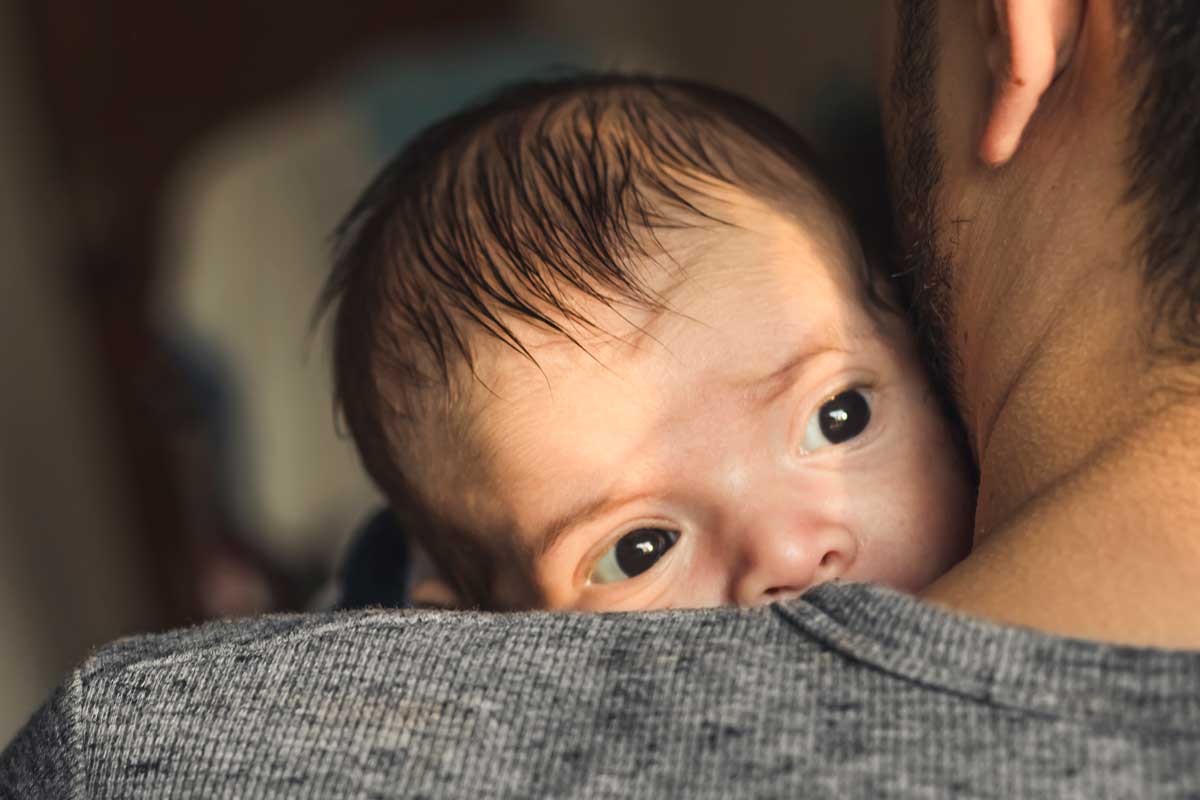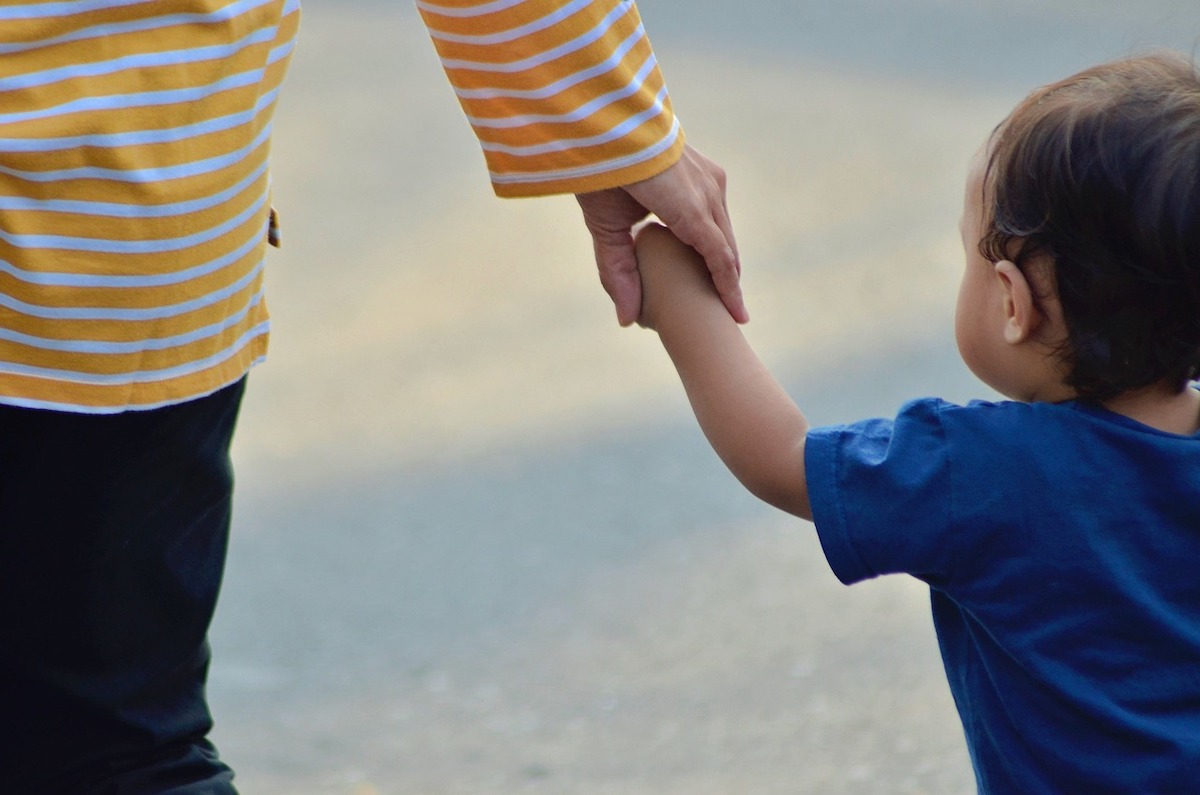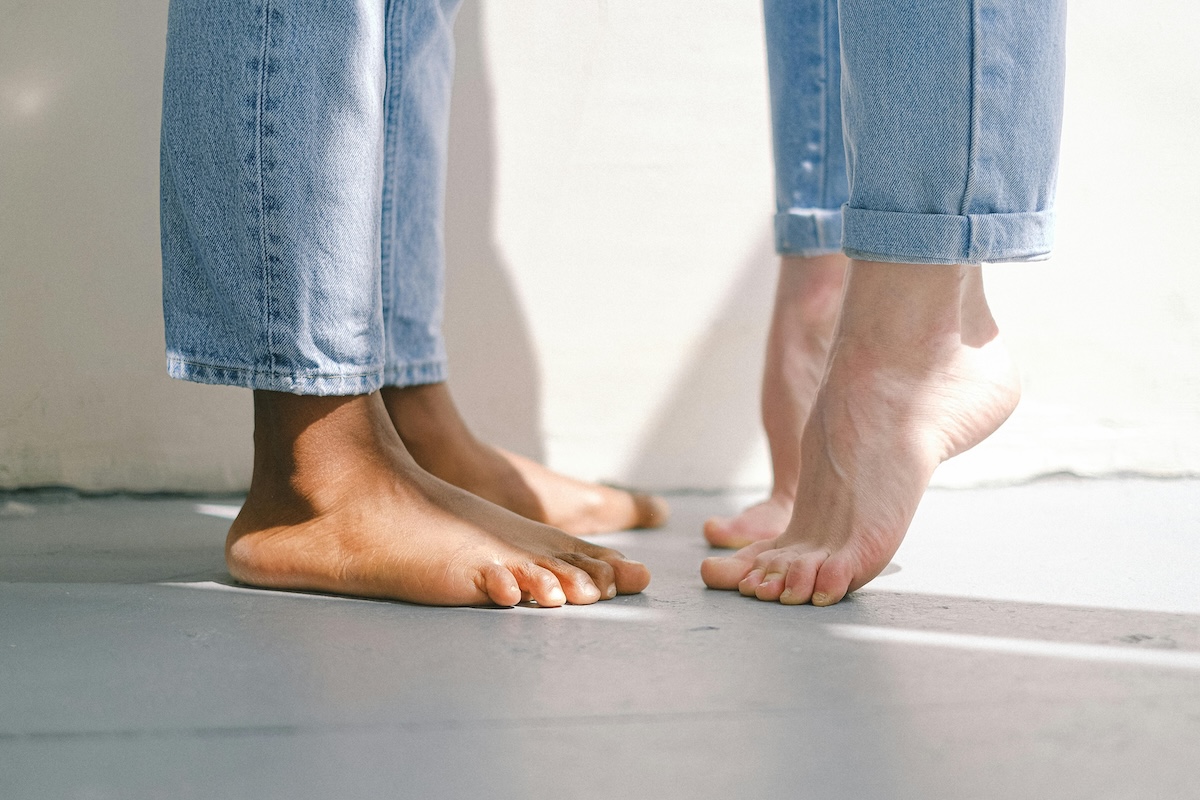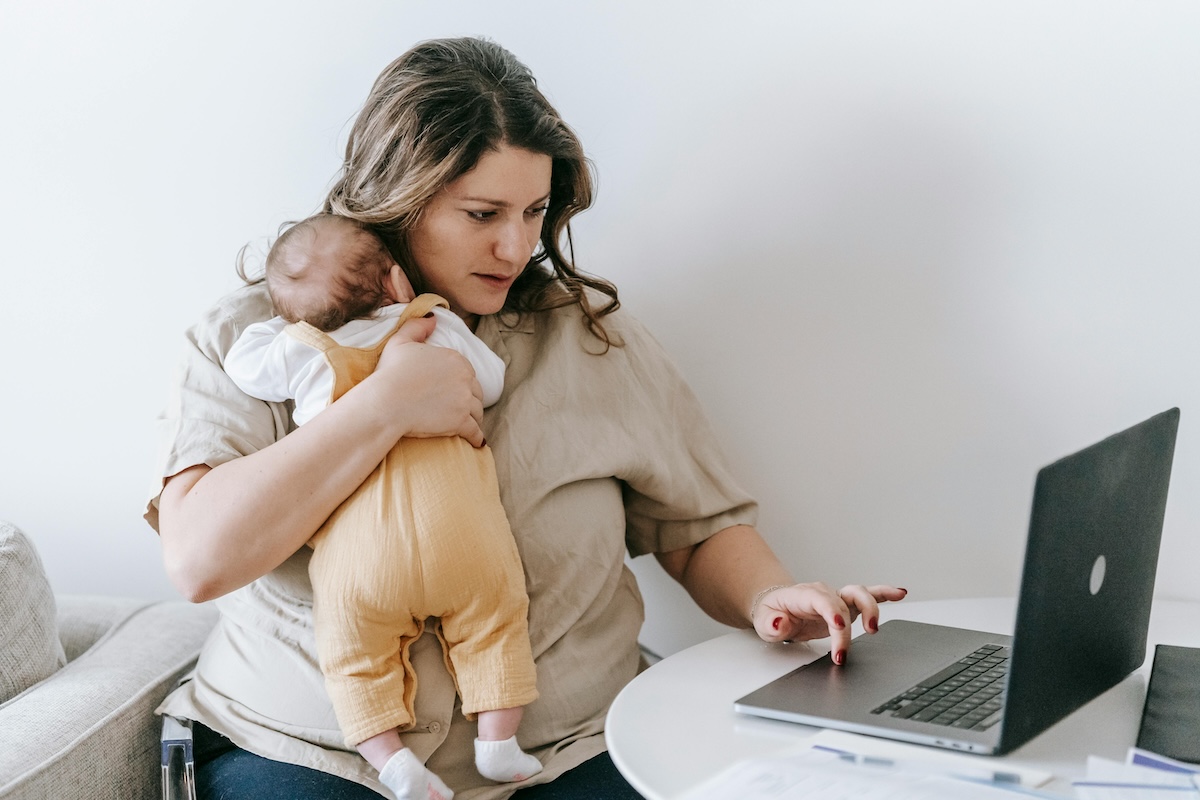I am a four-months-postpartum first-time mom. At around the 2.5-month mark, after not sleeping for days and days, I had a panic attack and intrusive thoughts started to roll in. I assume I developed postpartum anxiety from no sleep, perfectionism, worry, etc., but the worst thing is that I thought I was going crazy. I didn’t want to share my thoughts because they were so horrific and felt shameful.
I’m coming to you because I think more moms need to feel supported and know that this is common. I only found out when I reached out to every mom I knew asking if they’d gone through this. The answer was yes or some similar form of this.
What’s the data say? How can we support moms and help them feel more “normal” and seen during this postpartum challenge?
––Anonymous
Thank you for this question — the quest for better postpartum mental health is a long one. I think we’ve gotten better at discussing postpartum depression, but anxiety isn’t as widely acknowledged. The exact prevalence of postpartum anxiety depends on the setting and how you measure it, but the prevalence is similar (perhaps 15% to 20%) to postpartum depression.
There are some known risk factors for postpartum anxiety, lack of sleep being a key one, in addition to pre-pregnancy anxiety. But postpartum mood changes can happen even without these triggers.

As with postpartum depression, the most important thing is to recognize these issues so you can get treatment. There is treatment — pharmacological and non-pharmacological — for anxiety. But you cannot treat what you do not recognize, and, as you say, in the moments when you’re experiencing this, it can be hard to see that you’re not alone.
Postpartum anxiety screening is sometimes done with the same screening tool that is used for postpartum depression, but these symptoms are somewhat different. The American College of Obstetricians and Gynecologists recommends a combined screening tool that captures depression, anxiety, and other mental health issues (you can see it here).
This answer is really a call to action: If you’re experiencing this, you aren’t alone. Call your doctor, get screened, and get help if you need it.
Community Guidelines




















Log in